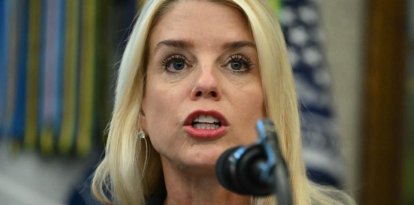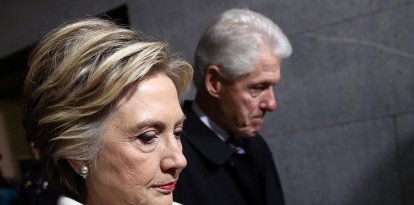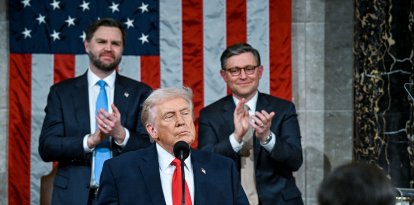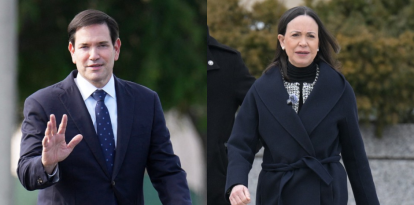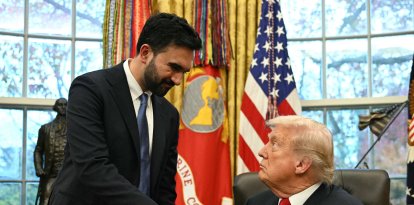New York City climate regulation threatens pizzerias with wood-fired ovens
The Department of Environmental Protection proposed an initiative that would force these restaurants to reduce their emissions by 75 %.
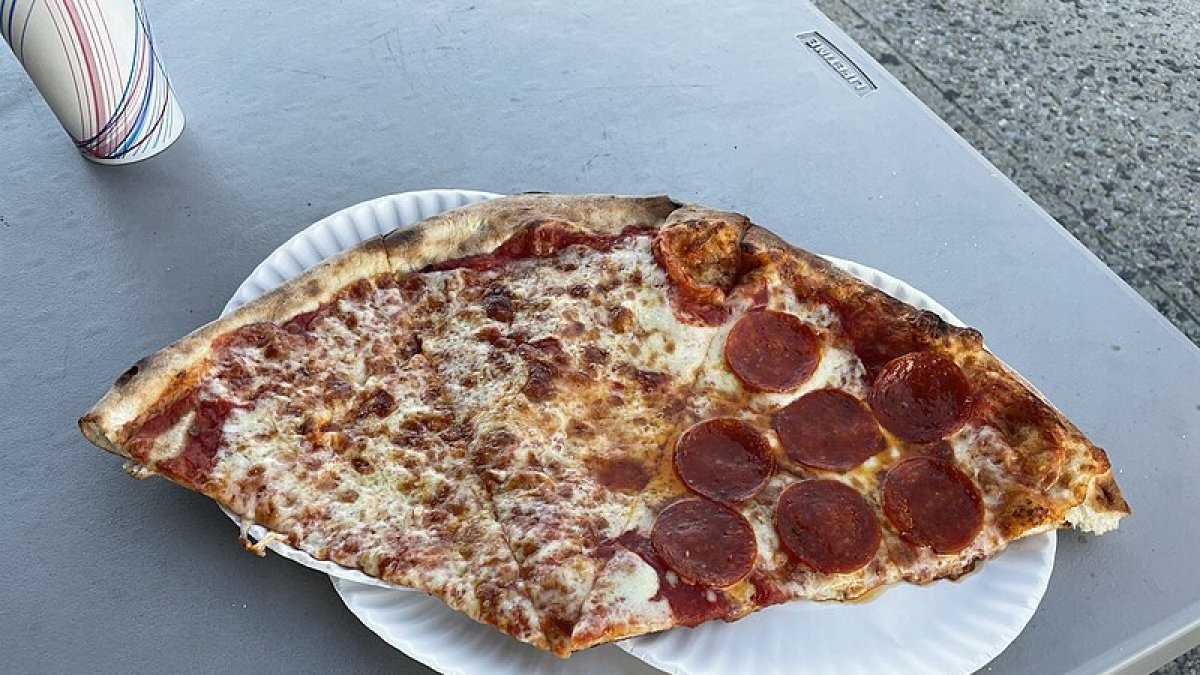
Pizza/Wikimedia Commons
It is no secret that pizzas cooked in wood or charcoal ovens acquire a unique flavor. Indeed, according to the Mandolina cooking company, this cooking method has four benefits: “personal satisfaction,” “smoked flavor,” “show cooking,” and a longer shelf life of the finished product. Well, a possible new New York City regulation could doom restaurants that prepare their pizzas this way.
The New York City Department of Environmental Protection proposes that food establishments using this cooking method reduce their carbon emissions by up to 75%.
The new regulation would require all pizzerias that have installed charcoal or wood-fired ovens before May 2016 to purchase air filter systems to control these emissions, systems that are expensive.
“All New Yorkers deserve to breathe healthy air, and wood and coal-fired stoves are among the largest contributors of harmful pollutants in neighborhoods with poor air quality,” said Ted Timbers, a spokesman for the department.
“This common-sense rule, developed with restaurant and environmental justice groups, requires a professional review of whether installing emission controls is feasible,” he added.
According to an official who talked to the New York Post, fewer than 100 restaurants would be affected by the measure. Within this group, renowned restaurants such as Lombardi’s, Fornino’s, Arturo’s, John’s of Bleecker Street, Patsy’s and Grimaldi’s stand out.
The proposal concerns complying with a 2015 law enacted by then-Democratic Mayor Bill de Blasio.
The response from restaurants
Paul Giannone owns Paulie Gee’s restaurant, one of many that prepare pizza in charcoal or wood-fired ovens. According to what he confirmed to the media, he installed an air filter system and spent $20,000: He described it as “expensive” and “a big hassle.”
“Oh yeah, it’s a big expense! It’s not just the expense of having it installed, it’s the maintenance. I got to pay somebody to do it, to go up there every couple of weeks and hose it down and, you know, do the maintenance,” he added.
The regulation would require pizzerias to hire a professional to determine whether installing these devices would reduce carbon emissions by 75%. If this is not possible, the professional will find out if there is another type of control that can at least reduce these emissions by 25% or explain why such controls cannot be installed.
To avoid this situation, the restaurants involved must apply for a variance or exemption and prove that they have difficulties that justify it.
















